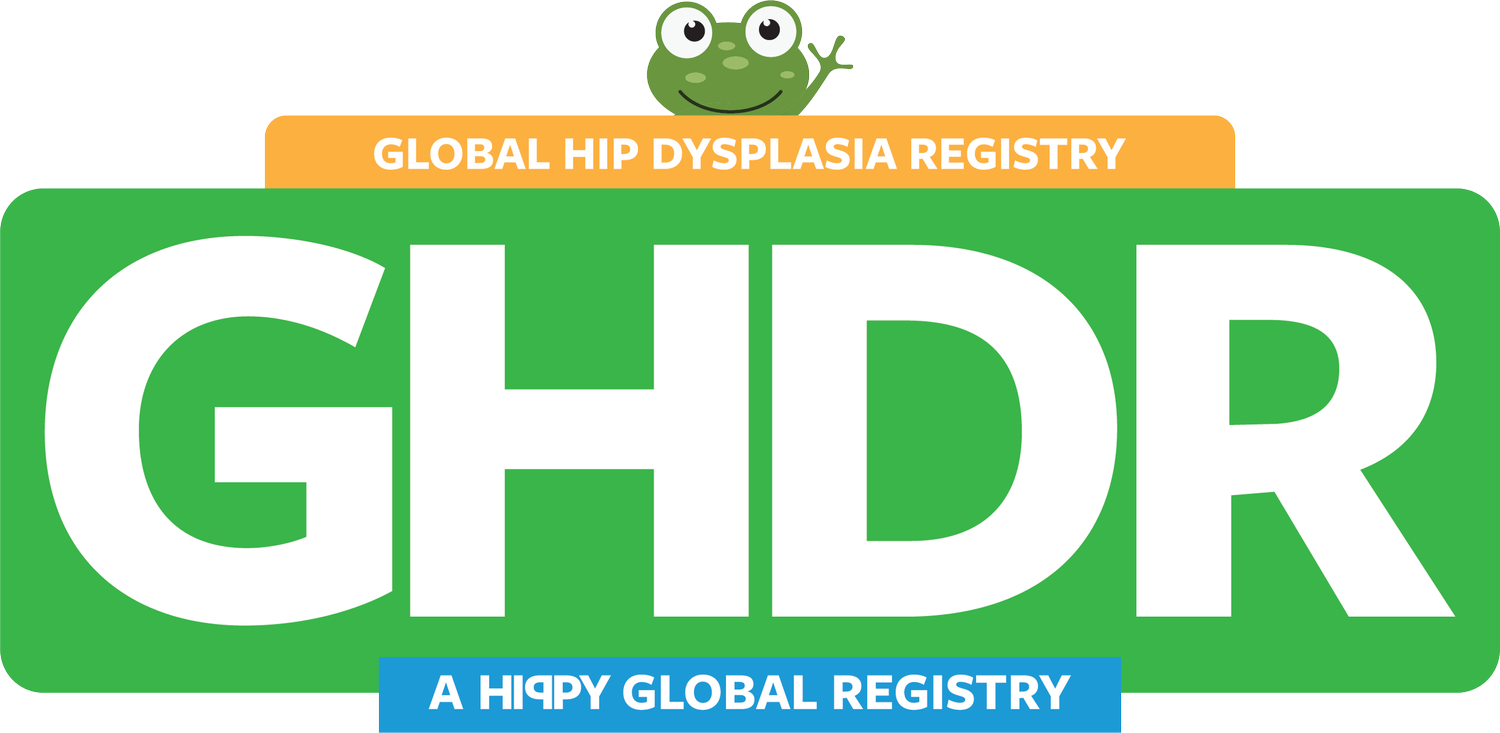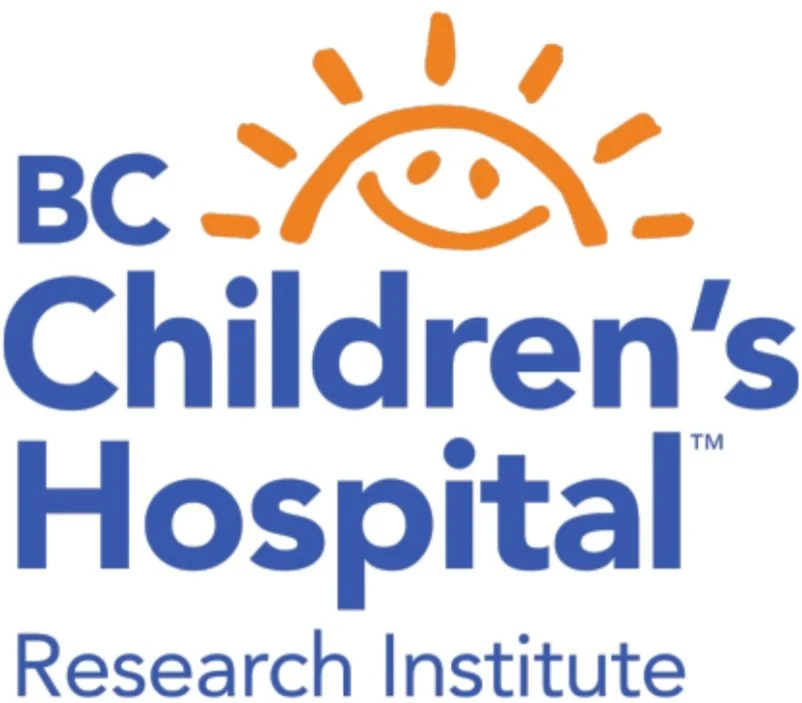About GHDR
GHDR is working to increase the amount of high quality evidence in the DDH literature through a prospective, multi-centre, hip dysplasia registry.
GHDR aims to optimize patient care in health care systems around the world by:
Addressing current gaps of knowledge in the clinical practices of hip dysplasia
Development of global education and advocacy initiatives.
GHDR aims to collect data on all infants referred for DDH screening across a vast array of geographic locations.
With 30 centres contributing from 7 countries across 5 continents, there is enormous potential to be able to tangibly change current screening practices and monitoring protocols.
This work will not only have an actionable impact on the infants who are screened for DDH risk factors and the millions more who may go unscreened until too late around the world, but will also save on economic and social costs to families and health care systems globally.

AN UNPRECEDENTED PLATFORM FOR DDH STUDY
Data from the registry will be used to improve and standardize current DDH practices around the globe, with the goal of determining the most effective DDH screening and management techniques.
This registry provides a unique and unprecedented platform for examining numerous aspects of the full DDH spectrum, including long-term treatment outcomes and risk factors.
Pillars
-
Research is the key component that informs all clinical care, teaching and training, and advocacy.
-
To promote general public awareness of DDH as a significant pediatric condition.
To provide a platform for patients and families to have a voice in clinical and research priorities of DDH.
To improve screening and resource management in resource-poor health care systems.
To promote collaboration between different patient support groups and facilitate the sharing of practical, relevant, and patient-friendly information about living with DDH.
In order to increase awareness of DDH and providing resources and support to families affected by DDH, we have created a Knowledge Translation group.
-
To globally improve screening, diagnosis, and management practices for DDH.
To reduce the number of walking-age DDH diagnoses.
To investigate the variability in screening, diagnosis, treatment, and current practice patterns for DDH in health care systems around the world.
To standardize DDH clinical care practices in health care systems of the Global North.
To create resource-specific DDH care pathways to be used in varying health care systems.
-
To globally improve screening, diagnosis, and management practices for DDH.
To reduce the number of walking-age DDH diagnoses.
To investigate the variability in screening, diagnosis, treatment, and current practice patterns for DDH in health care systems around the world.
To standardize DDH clinical care practices in health care systems of the Global North.
To create resource-specific DDH care pathways to be used in varying health care systems.
Our History
Previous work done by the International Hip Dysplasia Institute (IHDI) identified the need for comprehensive long-term follow-up.
Residual acetabular dysplasia and/or the need for further treatment may not become apparent until later in childhood or adolescence thus continuous follow-up is needed in order to identify risk factors and establish appropriate screening protocols and treatment.

Who is involved?
The Global Hip Dysplasia (GHD) study group is a global collaboration of surgeons, researchers, and medical professionals dedicated to improving the lives of children with hip dysplasia.
The GHD study group includes principal investigators, researchers, surgeons, physicians, caregivers, patients, and other health care professionals from a large variety of countries and health care systems, reflecting the wide breadth of expertise and experience in the group.





